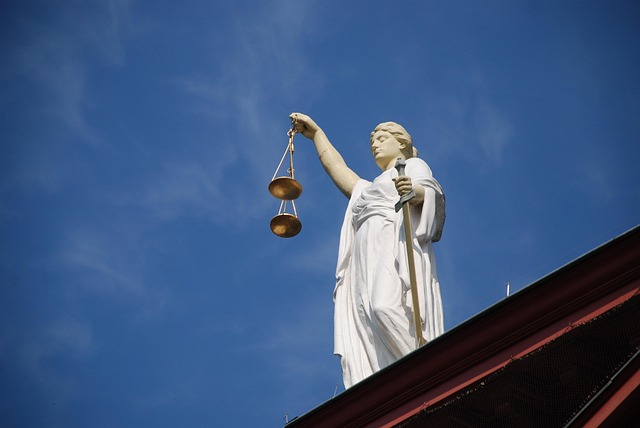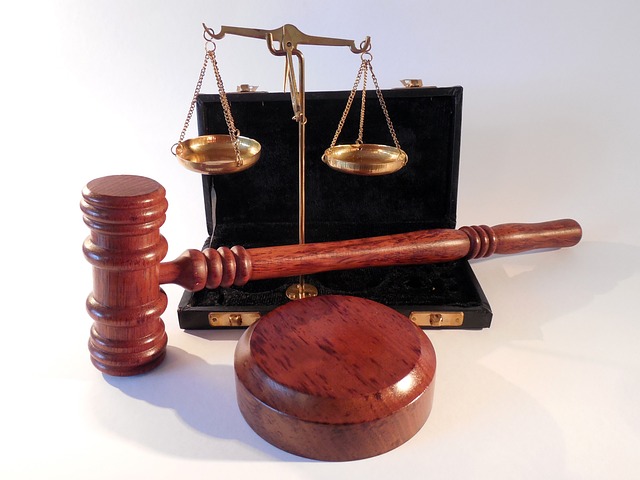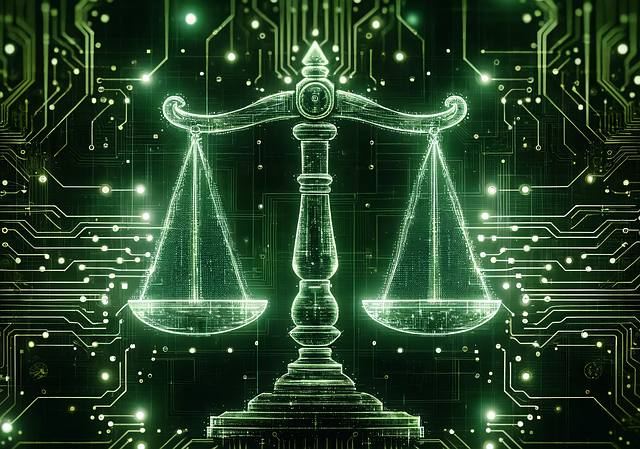Antitrust laws protect consumers from harmful business practices that stifle innovation. Building a successful antitrust violation case requires gathering Evidence Needed for a Personal Injury Claim, including financial records, market analysis data, and expert testimony. Understanding relevant laws and presenting comprehensive evidence strengthens the case against defense verdicts, ensuring justice for affected communities. This complex legal process is navigated by legal professionals who guide clients through evidence collection, crafting strong arguments, and representing them in negotiations or court to achieve a fair outcome.
Antitrust violation cases play a crucial role in maintaining fair market competition. Understanding these laws and their relevance is essential, as they protect consumers from monopolistic practices. This article delves into three critical aspects: understanding antitrust laws, building a robust case with essential proof elements, and navigating legal procedures for compensation. By exploring these topics, individuals can better comprehend their rights and the evidence needed for a personal injury claim related to antitrust breaches.
- Understanding Antitrust Laws and Their Relevance
- Building a Strong Case: Essential Elements of Proof
- Navigating Legal Procedures for Compensation
Understanding Antitrust Laws and Their Relevance

Antitrust laws play a vital role in fostering fair competition in the marketplace. These regulations are designed to prevent businesses from engaging in anti-competitive practices that could harm consumers and stifle innovation. Understanding these laws is crucial, especially when considering a personal injury claim stemming from alleged antitrust violations. In such cases, evidence needed for a successful claim includes demonstrating harm caused by the violation, such as reduced product quality or higher prices due to restricted competition.
The relevance of antitrust laws extends beyond consumer protection; they also address white-collar and economic crimes that can have far-reaching impacts across the country. An unprecedented track record of enforcement underscores the importance of these laws in maintaining a level playing field for businesses and ensuring consumers are not victimized by anti-competitive behavior.
Building a Strong Case: Essential Elements of Proof

Building a solid case for an antitrust violation requires a strategic approach to gathering evidence. In personal injury claims, as in antitrust cases, the evidence needed is multifaceted and crucial to establishing liability. Key elements include demonstrating harm or loss sustained by the plaintiff due to the alleged antitrust breach, such as decreased market share or higher prices. This can be achieved through financial records, market analysis data, and expert testimony that quantifies the impact of the violation on individual consumers.
Additionally, understanding the relevant laws and regulations is essential. Antitrust laws vary across jurisdictions but generally aim to promote fair competition. By presenting a comprehensive body of evidence that illustrates anti-competitive practices, such as price fixing or market division, plaintiffs can strengthen their case. A successful antitrust lawsuit often relies on robust legal arguments supported by concrete evidence, setting the stage for winning challenging defense verdicts and ensuring justice for those affected by these violations, especially within the philanthropic and political communities.
Navigating Legal Procedures for Compensation

Navigating the legal procedures for compensation in antitrust violation cases can be complex, but understanding the process is crucial for both corporate and individual clients seeking justice. The first step involves gathering substantial evidence needed for a personal injury claim, which may include financial records, contracts, communication logs, and expert opinions to prove the harm caused by the violation. This process requires meticulous attention to detail and a deep understanding of antitrust laws.
Legal professionals play a pivotal role in guiding clients through this labyrinthine process. They help their clients identify relevant evidence, draft compelling legal arguments, and represent them in negotiations or court proceedings. For successful compensation, it’s essential to present a strong case that links the violation directly to the injuries incurred, ensuring a fair and just outcome for all involved.
In the pursuit of justice in antitrust violation cases, understanding the intricate web of laws and procedures is paramount. By equipping oneself with knowledge about the essential elements of proof and navigating the legal processes for compensation, individuals can effectively build strong cases. Remember that, specific to antitrust litigation, the evidence needed for a personal injury claim includes detailed records of economic harm, market analysis, and expert testimony—all crucial in uncovering and penalizing anticompetitive practices. Ultimately, these steps empower participants to contribute to a fair marketplace and secure their rightful compensation.






